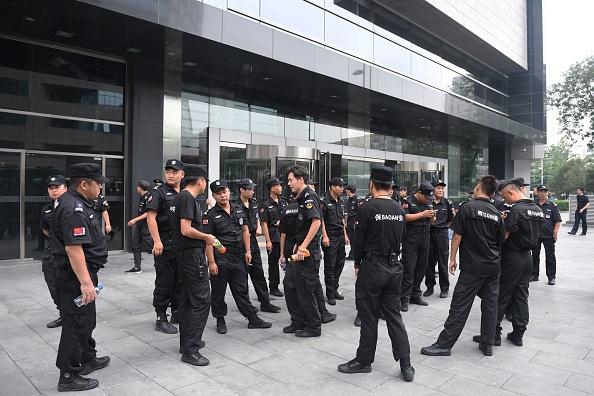Anger from peer-to-peer (P2P) investors in China has continued to simmer as the number who have lost their hard-earned money in fraudulent or failed lending platforms continues to climb.
Many of these common citizens, who invested because of promises of double-digit returns, saw their life savings wiped out. And in seeking to appeal their cases to the central government, which allowed the platforms to grow with scant oversight, they have been repeatedly silenced.




